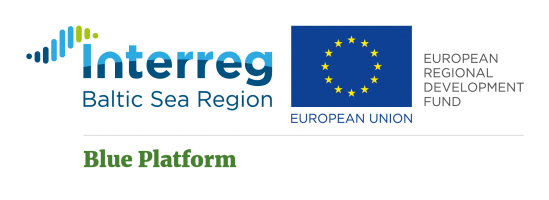Meet the farmer: Dr. Tim Staufenberger

Why did you decide to start mussel farming?
It started with a research project (Deutsche Bundesstiftung Umwelt, Project EBAMA) and as the project ended, I was so amazed by the possibility to produce a nature-friendly food in aquaculture, straight out of the sea, that I decided to start my own company based on the project findings.
According to your experiences, what are the main challenges for mussel farmers?
To find the right location: my farm is successful because it’s situated next to a big city, and the mussels are part of the niche market of bio-friendly regional products. There are customers close by, and the mussels are big enough for human consumption. Furthermore, the farm also works as a platform for scientific research and provides opportunities for collaborations. Moreover, the food regulations are very strict - as they should be- and hence the testing of the mussels is too expensive so running a mussel farm is only feasible if there are other sources of income or the mussel production is large enough to cover the costs.
What has been your positive experience with mussel farming so far?
It is an eye-catcher and head turner- when you start talking about mussels that are grown right outside the city, customers are amazed and very interested to hear and see more. Also, there’s a strong political will to support the local mussel farm as it is the only commercial farm in the whole German Baltic Sea.
In your opinion, what is needed for the mussel-farming sector in the BSR to grow?
Farmers need to be better connected and more lobby work is needed. Until now, the threshold to enter the market is too high because of high costs for analyzing the mussels. Mussel farming is only feasible during the first years of production if it’s combined with other sources of income. Furthermore, it has to be recognized that mussel farming does remove nutrients out of the Baltic Sea and should be officially recognized as an environmental service. Reducing the input of nutrients into the Baltic Sea from land-based sources such as agriculture is just the first step. Active removal of nutrients in the sea by extractive aquaculture is the necessary second step to ensure that we can enjoy what the Baltic Sea has to offer in the future as well.



